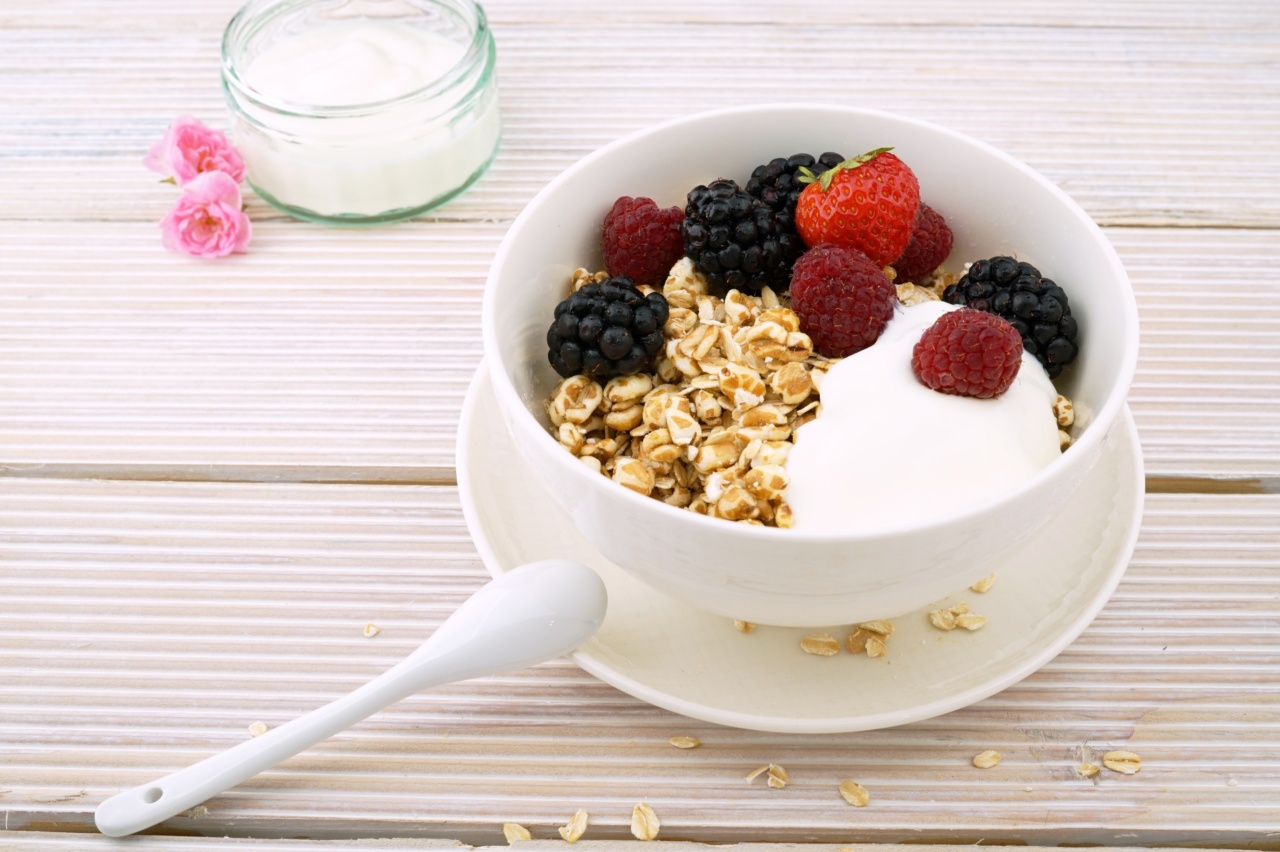Many people see non-fat or low-fat milk as a healthier option than full milk when it comes to sustaining a good diet.
This notion, however, is being debunked by recent studies that show that full milk may actually be better for your diet than its low-fat counterparts.
Full Milk Is Less Processed
Full milk is not processed to remove the fat, while low-fat and non-fat milks are. This means that full milk has all the nutrients that milk has to offer, while low-fat and non-fat milks typically do not.
Excess fat is not necessarily always unhealthy, and removing it can also remove some of the essential vitamins, minerals, and other nutrients.
Full Milk Can Reduce Hunger Pangs
Drinkers of full milk feel satiated for longer than those who consume non-fat or low-fat milk, as full milk takes longer to be broken down by the body than non-fat milk and therefore provides longer-lasting energy.
This means that if you consume full milk, you will end up snacking less and consuming fewer calories overall.
Full Milk Helps You Absorb Nutrients
Fat is an essential nutrient for the intake of vitamins and minerals in the body. Fat-soluble vitamins, such as vitamins A, D, E, and K, are only absorbed by the body if there is enough fat present, as the body needs it to absorb them properly.
When milk is processed to remove the fat, it becomes more difficult for the body to absorb these vitamins.
Full Milk Is Good for Your Heart
A study conducted in Sweden showed that men who consumed an average of 3 glasses of milk per day had a lower risk of heart disease than those who consumed less. This result was also proven for women in a separate study.
Furthermore, the study showed that the type of milk consumed (whole or low-fat) made little difference, suggesting that full milk does not necessarily increase your risk of heart disease.
Full Milk Can Help You Lose Weight
While full milk may be higher in calories than low-fat or non-fat milk, it’s been found that drinking full-fat milk can actually reduce your risk of becoming overweight.
Those who consume full-fat milk have a lower chance of becoming overweight or obese than those who consume low-fat or non-fat milk. This could be because full milk drinkers feel satiated for longer, meaning they eat less overall.
Full Milk Can Boost Your Brain Function
Research has found that the fat present in milk can boost cognitive performance. A study published by the International Dairy Journal showed that kids who drank full-fat milk had higher cognitive scores than those who consumed low-fat or non-fat milk.
Full Milk Is a Great Source of Protein
Milk is a great source of protein, and full milk contains more protein per serving than low-fat or non-fat milk. Protein is essential for building and maintaining muscle, and also contributes to healthy hair, skin, and nails.
Full Milk May Support Healthy Growth
Calcium is vital for maintaining healthy teeth and bones. While all milk, whether full-fat or low-fat contains calcium, research suggests that consuming full-fat milk could support healthy bone development and growth in children.
A study conducted by the American Journal of Clinical Nutrition found that a diet abundant in vitamin D and calcium, which are both in full-fat milk, helped foster healthy bone growth in adolescent girls.
Full Milk Reduces Your Risk of Diabetes
The fat found in full milk was found in a study by Tufts University to reduce insulin resistance, decreasing the chances of developing type 2 diabetes.
Those who consumed full-fat dairy had a 46 percent lower chance of developing type 2 diabetes compared with those consuming less full-fat dairy. This is potentially because full fat induces a longer and slower insulin response that regulates blood sugar levels better than low-fat milk.
Conclusion
Overall, if you’re looking to improve your overall health and maintain a healthy diet, you may want to reconsider low-fat or non-fat milk and try full milk instead.
Despite the misconceptions about full milk, it has many health benefits that can boost your overall wellness. From helping you stay full by reducing hunger pangs to boosting cognitive performance and reducing the risk of diabetes, full milk is a nutritious drink that could greatly benefit your overall lifestyle.































